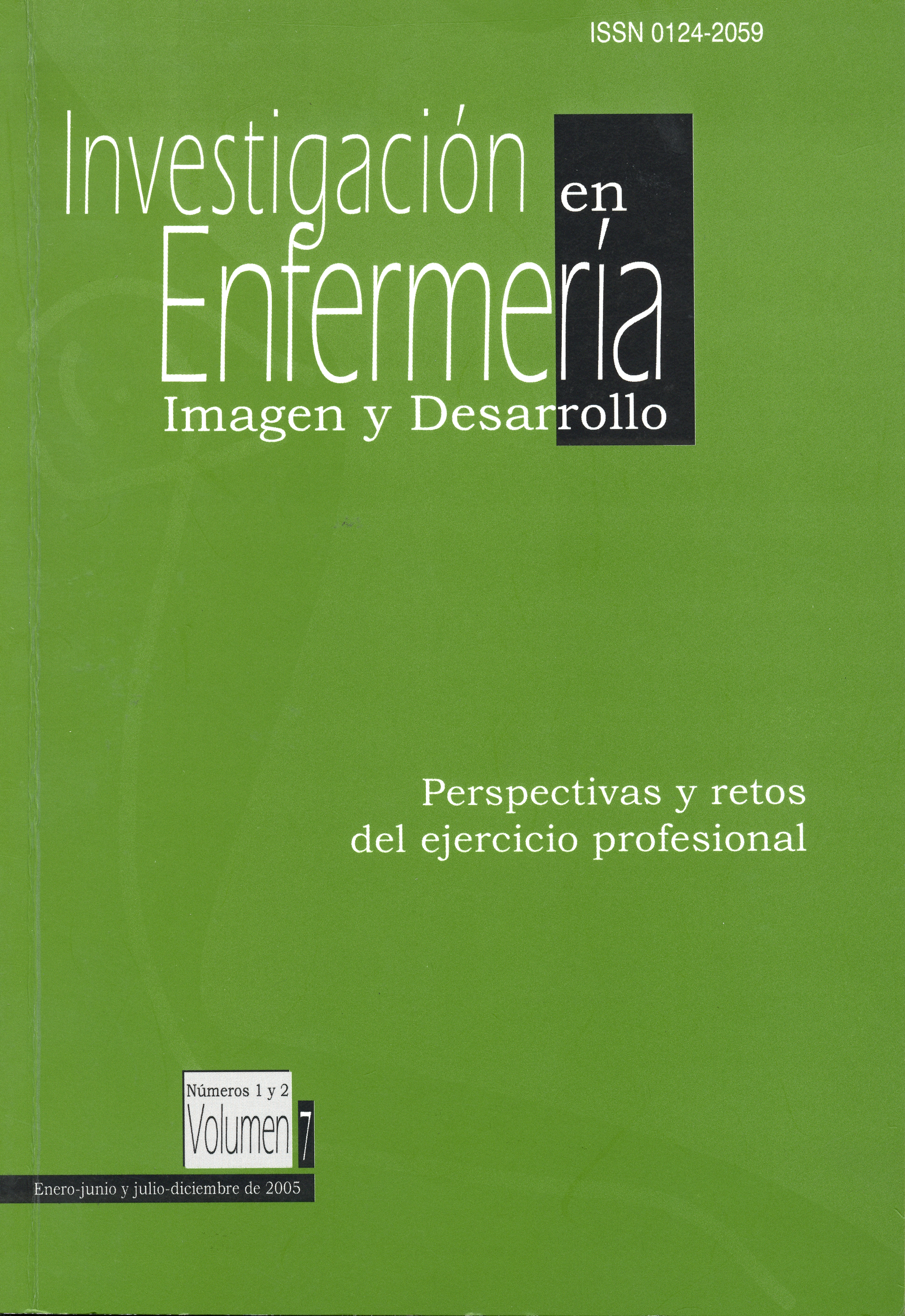Resumen
En el presente artículo se analizan algunos aspectos de la fisiología y del comportamiento de los seres vivos, particularmente del ser humano, supeditados a las condiciones del ambiente terrestre de donde surgieron y manejados por sus relojes biológicos. Estos mecanismos han sido estudiados principalmente a través de los ritmos circadianos, los cuales tienen una periodicidad de veinticuatro horas generalmente, y se encuentran involucrados en procesos tan diversos e importantes como la respiración, la frecuencia cardiaca, las fluctuaciones de la termperatura corporal, de la presión arterial, de la concentración de leucocitos en la sangre, la síntesis de diversas hormonas, la tolerancia al dolor, al alcohol, al frío e incluso la hora más probable de nacer y de morir naturalmente.
Estos ritmos tienen importancia en campos como el médico, en el cual el no tomarlos en cuenta puede conducir a errores de diagnóstico y terapéutica, especialmente en casos de inmunosupresión y en quimiterapia del cáncer. Posiblemente la cronofarmacología y en general la determinación de la cronobiología del paciente serán tan rutinarias en el futuro, como los exámenes de laboratorio o la historia clínica. Otro proceso cíclico analizado en el artículo es el del sueño. El hombre, especialmente en la modernidad, por requerimientos culturales y disponibilidad tecnológica, realiza alteraciones en sus ritmos circadianos y del sueño, con importantes repercusiones en su estado de salud, que van desde el "jet lag" de los viajeros, hasta alteraciones más importantes en su salud física y mental y en su estado emocional.
ABSTRACT
Presently article some aspects of the physiology are analyzed and of the behavior of the alive beings particularly of the human, subordinated to the conditions of the terrestrial atmosphere of where they arose and managed by their biological clocks. These mechanisms haver been studied mainly through the rhythms circadianos, which generally have a rhythm of 24 hours and they are involved in processes so diverse and important as the breathing, the heart frequency, the fluctuatuions of the corporal temperature, of the arterial pressure, of the concentration of leukocytes in te blood, the synthesis of diverse hormones, the tolerance to the pain, to the alcohol, to the cold and even the most probable hour of being born and of dying naturally. These rhythms have importance in fields like the doctor, in the one which, not taking them into account can lead to diagnosis errors and therapy, especially in cases of inmunosupresion and in chemotherapy of the cancer. Possibly the cronofarmacologia and in general the determination of the patient's cronobiologìa will be so routine in the future, as the laboratory exams or the clinical history. Another recurrent process analyzed in the article is that of the dream. The man, especially in the modernity, for cultural requirements and technological readiness, helshe carries out activities that break the balance between their half internal one and the externa one, producing alterations in their rhythms circadianos and of the dream, with important repercussions in their state of health that you/they go from be "jet lag" of the travelers, until more important alterations in their physical and mental health and in their emotional state.
La revista Investigación en Enfermería. Imagen y Desarrollo se encuentra registrada bajo la licencia Creative Commons Reconocimiento 4.0 Internacional. Por lo tanto, esta obra se puede reproducir, distribuir y comunicar públicamente en formato digital, siempre que se reconozca el nombre de los autores y a la Pontificia Universidad Javeriana. Se permite citar, adaptar, transformar, autoarchivar, republicar y crear a partir del material, para cualquier finalidad (incluso comercial), siempre que se reconozca adecuadamente la autoría, se proporcione un enlace a la obra original y se indique si se han realizado cambios. La Pontificia Universidad Javeriana no retiene los derechos sobre las obras publicadas y los contenidos son responsabilidad exclusiva de los autores, quienes conservan sus derechos morales, intelectuales, de privacidad y publicidad.
El aval sobre la intervención de la obra (revisión, corrección de estilo, traducción, diagramación) y su posterior divulgación se otorga mediante una licencia de uso y no a través de una cesión de derechos, lo que representa que la revista y la Pontificia Universidad Javeriana se eximen de cualquier responsabilidad que se pueda derivar de una mala práctica ética por parte de los autores. En consecuencia de la protección brindada por la licencia de uso, la revista no se encuentra en la obligación de publicar retractaciones o modificar la información ya publicada, a no ser que la errata surja del proceso de gestión editorial. La publicación de contenidos en esta revista no representa regalías para los contribuyentes.


